
China
12:32, 01-Jan-2017
Weibo 2016: Global figures that made a sensation
Updated
10:30, 28-Jun-2018
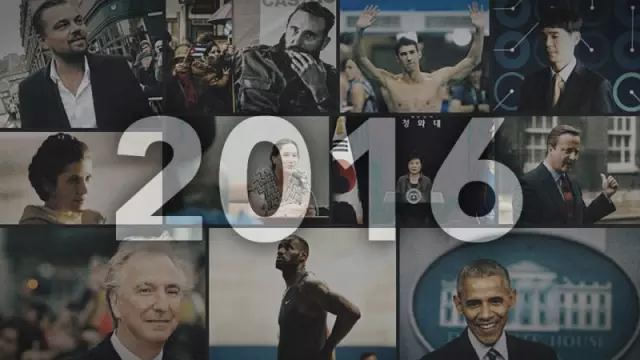
News serves as nothing less than a backdrop against which man acts to shape the globe by touching our hearts and changing our perceptions. The sentiments of joy, shock, sorrow, disappointment and controversy the chief protagonists on 2016’s international stage caused saw their influence felt worldwide in communities both geographically and ideologically far beyond their typical spheres of influence.
In this special report, CGTN Digital will revisit the big names in international news who have – whether for the right or wrong reasons – made it big on social media in China in 2016, with their stories leaving a lasting impression on the memories of hundreds of millions of Chinese netizens.
(The data cited in this report was collected from Sina Weibo, China’s biggest Twitter-like platform with an estimated 297 million monthly active users as of the third quarter of 2016.)
'OBAMA OUT'
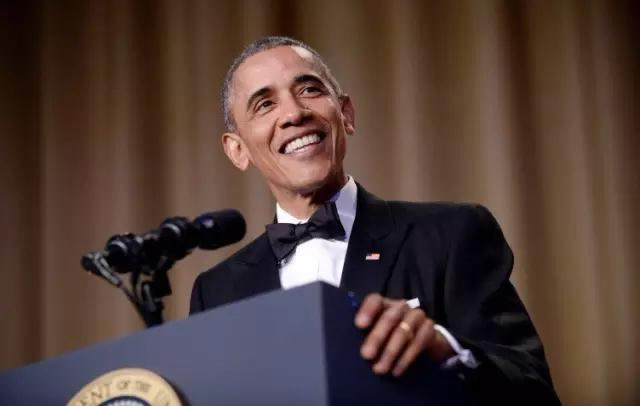
/CFP Photo
/CFP Photo
2016 saw the beginning of the end of Barack Obama’s presidency and the ushering in of the Trump era in the United States.
Chinese viewers were quick to react to Obama’s last presidential speech at the White House Correspondents’ Dinner on May 1, as he signed off with an infamous “mic drop.” With the help of online volunteer translators, the video of his speech was shared tens of thousands times online.
Obama’s sarcasm contrasts hugely with the solemn tone adopted by officials in China, who try their best to keep a low profile when on camera, putting into perspective the praise Weibo users had for the president.
“Obama could always find a job as a comedian after stepping down”, commented @InkyDay on Weibo.
TRUMP IN
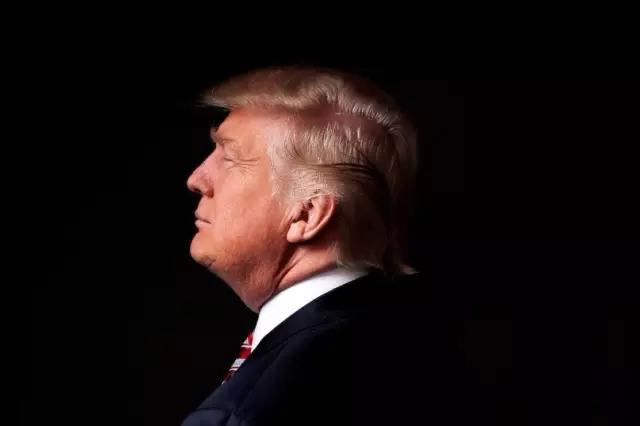
/CFP Photo
/CFP Photo
The White House Correspondents’ Dinner was a prelude, the 2016 American political theatre eventually culminated in Donald Trump’s victory over Hilary Clinton in November’s presidential election.
People’s Daily, a Chinese leading newspaper, posted a brief message on its official Weibo account on the afternoon of November 9, with only one sentence about the election result. However, it was later shared 12,841 times, in addition to many reposts of reports by other Chinese media outlets, making Trump’s win the month’s most viewed news.
Initial reaction to the result was cautiously optimistic: “With Trump as president the US will stop policing the world, and this will benefit China”, remarked @Youyoulailai7, four days after the result in the comment section of the newspaper’s official Weibo account.
With a touch of indifference and sarcasm, that optimism lingered on for a while, as netizens foresaw China’s continued rise as a global power as a result of US withdrawal from global politics under a Trump presidency. The bubble of positivity was fueled further by the president-elect’s intent to withdraw from the Trans Pacific Partnership trade deal, until being recently burst by Trump’s controversial questioning of the One China Principle.
TO BE JUDGED BY HISTORY
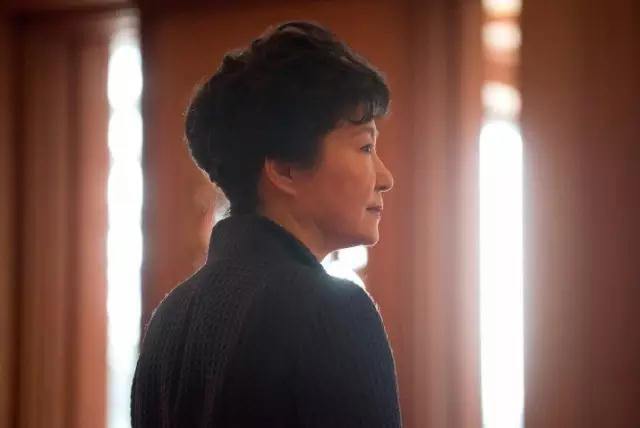
/CFP Photo
/CFP Photo
The world of politics, controversy is never in short supply, and one man who found himself at the center of such a storm was David Cameron, former UK Prime Minister, who set off the chain reaction of events that led to the UK’s departure from the EU in June and his eventual resignation. Later in the year, South Korean president Park Geun-hye joined him in the eye of her own ongoing political storm.
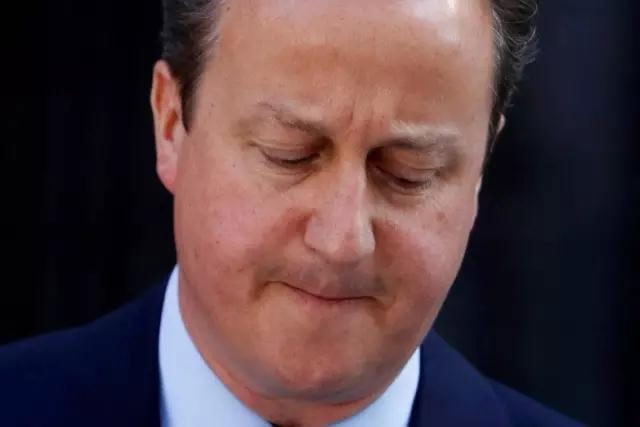
/CFP Photo
/CFP Photo
Both stories were widely shared on Weibo, with netizens asking themselves how such news would affect China. Would the “Golden era of Sino-British ties” established under Cameron come to a premature end? Would President Park’s demise put an end to the controversial deployment of the THAAD (Terminal High Altitude Area Defense) missile system on the Korean Peninsula?
WINNERS
Sometimes, political controversy can spill over into other fields, such as sport. During the build-up to the Rio Olympics, doping allegations against Russia looked like they would cast a long shadow over the globe’s biggest sport event. Luckily, the noise was soon drowned out by the celebratory carnival atmosphere in Brazil, with much praise back home for the feats of top sportsmen and women online.
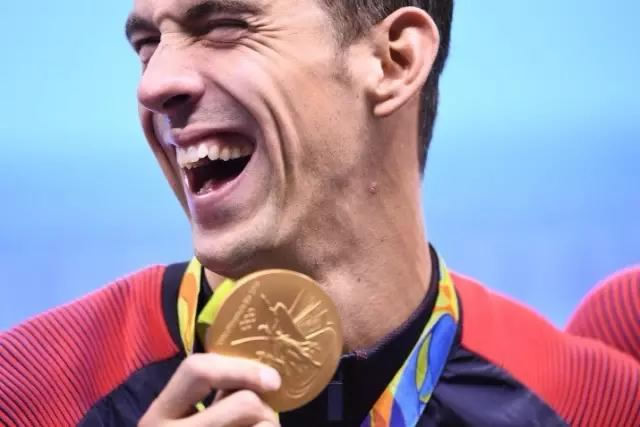
/CFP Photo
/CFP Photo
Among those who thrilled the world this summer was Michael Phelps, who did not just claim the crown of most-decorated Olympian of all time – he was also one of the most-mentioned athletes on Weibo.
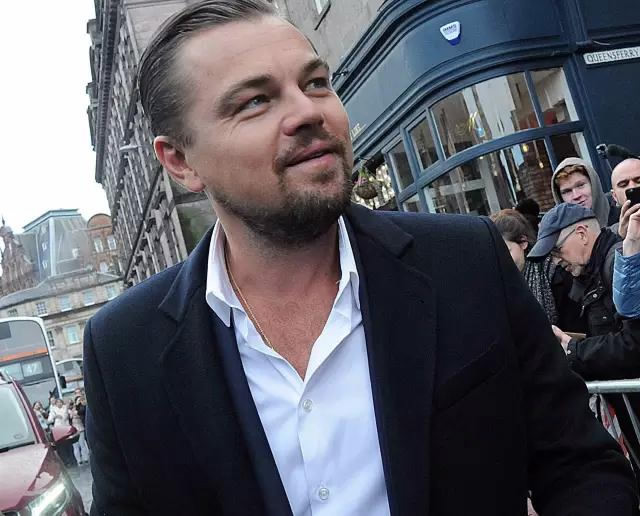
/CFP Photo
/CFP Photo
Another victory that resounded with Weibo users was Leonardo DiCaprio’s “long overdue” Oscar in February. More than 50,000 Chinese fans shared the news immediately after the Titanic star received the Best Actor prize on February 29, delighted and relieved that the Academy “had finally done their idol justice”.
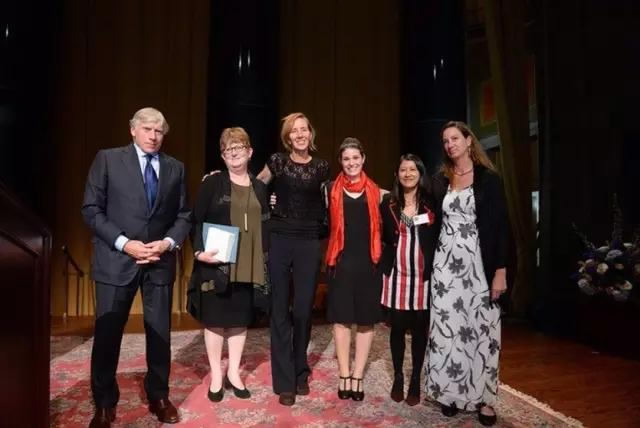
Columbia University President Lee C. Bollinger presents the 2016 Public Service Prize to the Associated Press. Accepting are (left to right) Kathleen Carroll, Robin McDowell, Margie Mason, Esther Htusan and Martha Mendoza. (Photo from Pulitzer.org)
Columbia University President Lee C. Bollinger presents the 2016 Public Service Prize to the Associated Press. Accepting are (left to right) Kathleen Carroll, Robin McDowell, Margie Mason, Esther Htusan and Martha Mendoza. (Photo from Pulitzer.org)
Four foreign names that were hitherto unknown to most Chinese people but rose to fame overnight on Weibo were Margie Mason, Robin McDowell, Martha Mendoza and Esther Htusan, a group of Associated Press journalists who won the 2016 Pulitzer Prize for Public Service for their “investigation of the fishing industry in Southeast Asia that freed more than 2,000 slaves.”
“They are the kind of journalists and people that I always aspire to be”, said Weibo user @Caomeilizijun in awe.
FAREWELL
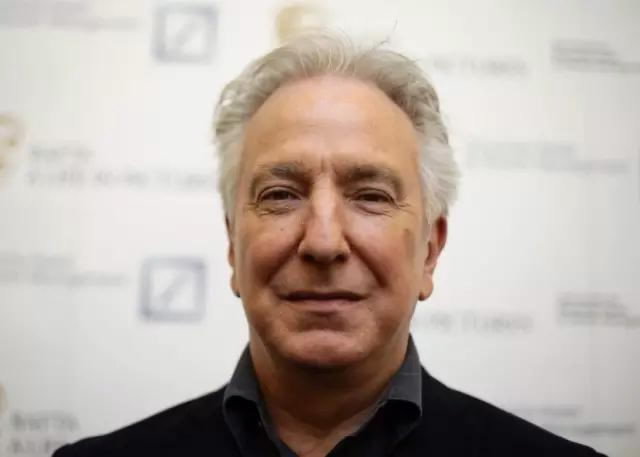
/CFP Photo
/CFP Photo
2016 has also been a year that has seen some of the world’s biggest names in pop culture depart forever, with many Twitter and Facebook users fearing who will next fall victim to “the curse of 2016”. The deaths of musicians David Bowie, Prince and George Michael struck a sad chord around the world, but the biggest loss for Chinese fans was the passing of British actor Alan Rickman, best known in the country for playing Professor Severus Snape in the Harry Potter franchise. More than 120,000 grieving Weibo users shared the news in the week following his death.
The reaction online reflected not only the actor’s popularity, but also the huge influence of the film series, with all seven episodes screened in China from 2001 to 2011, during which the fan base grew bigger and bigger.
(Story written by Yang Di)

SITEMAP
Copyright © 2018 CGTN. Beijing ICP prepared NO.16065310-3
Copyright © 2018 CGTN. Beijing ICP prepared NO.16065310-3